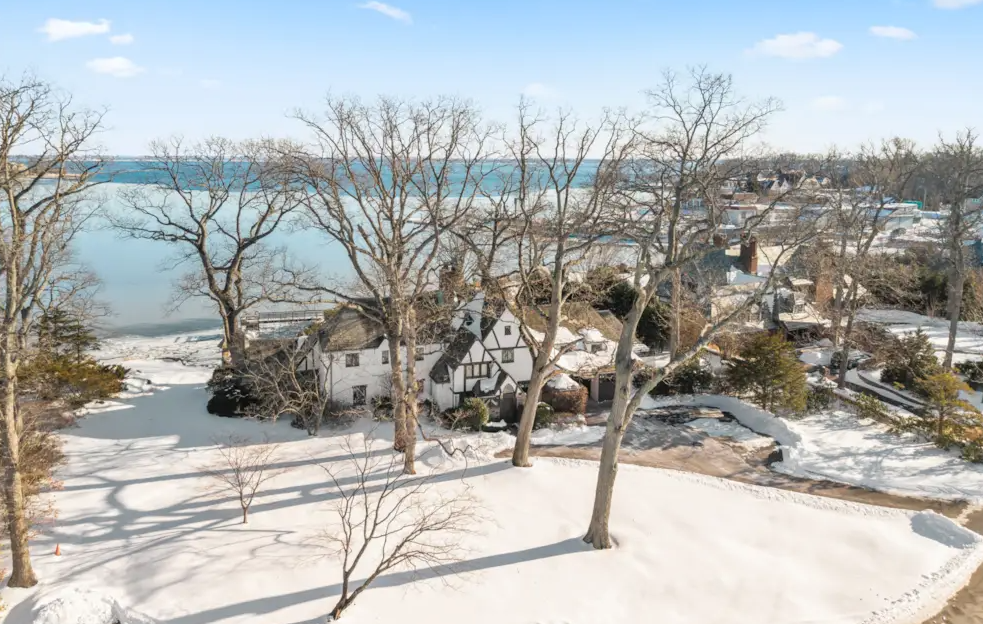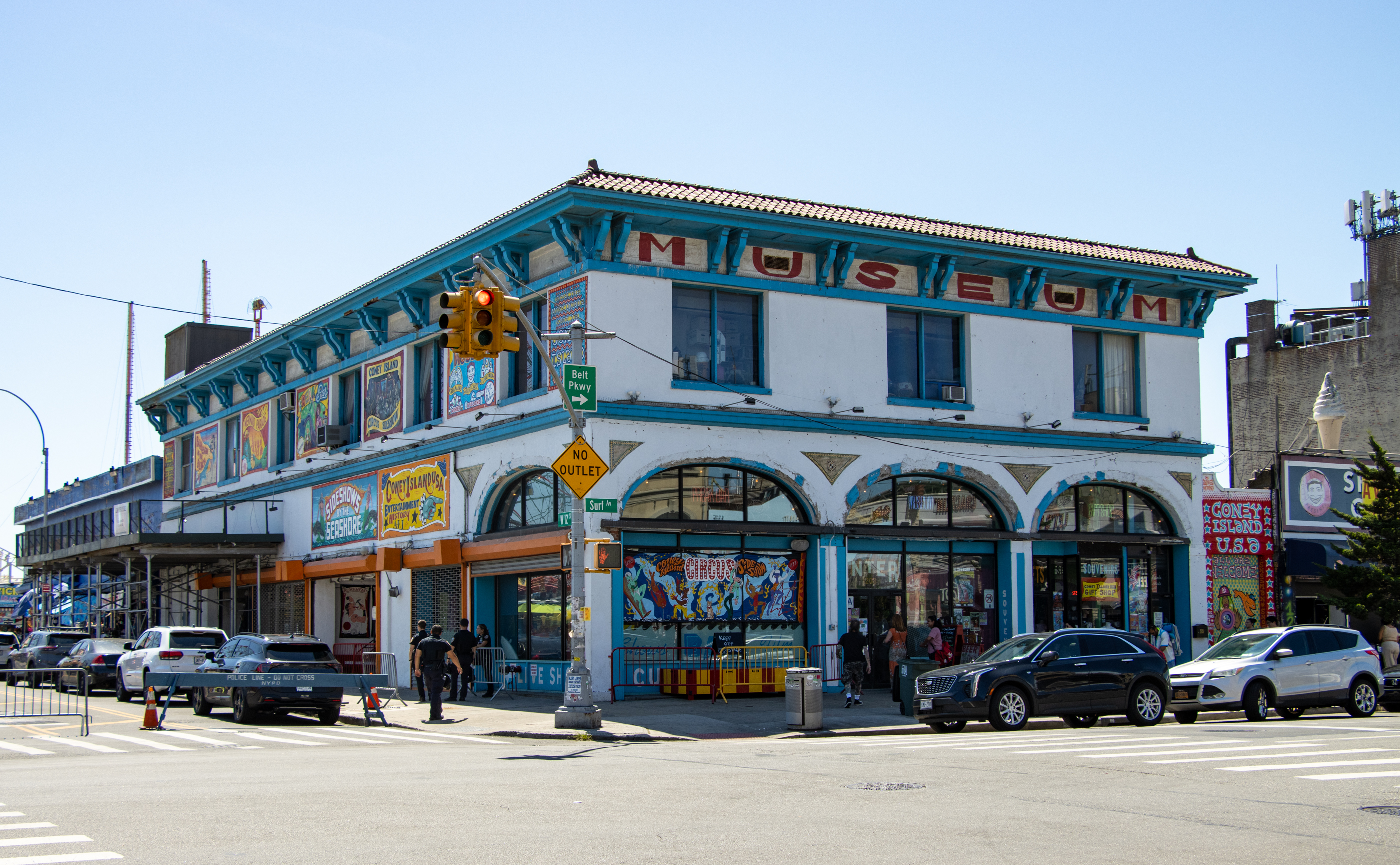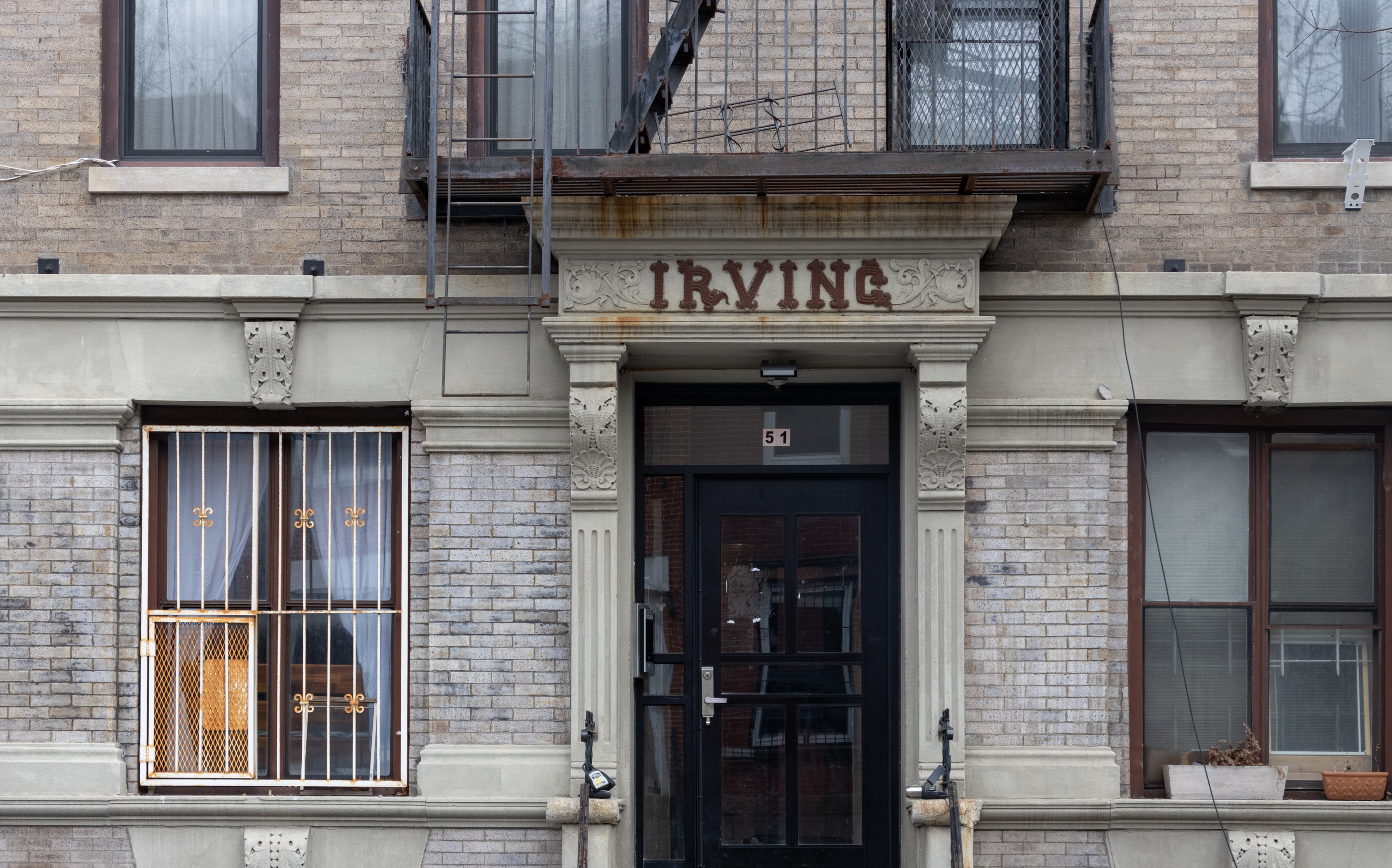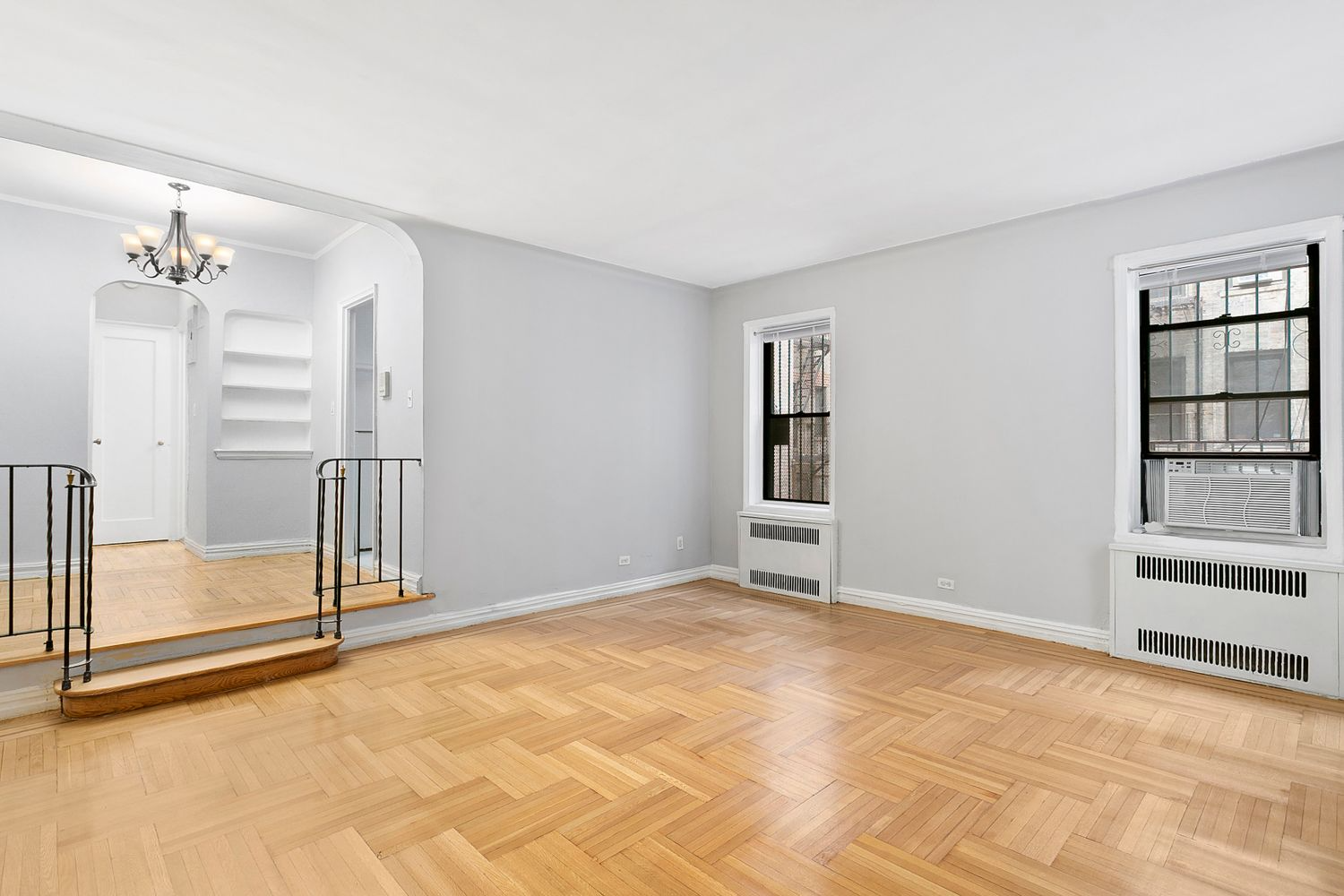Condo of the Day: 125 North 10th Street, #NPHD
The new development at 125 North 10th Street in Williamsburg was a little late to the game, hitting the market last March as the world appeared to be collapsing. It took another six months for reality to set in: Across-the-board price cuts were instituted last week. This three-bedroom penthouse, for example, started out at $1,540,000…


The new development at 125 North 10th Street in Williamsburg was a little late to the game, hitting the market last March as the world appeared to be collapsing. It took another six months for reality to set in: Across-the-board price cuts were instituted last week. This three-bedroom penthouse, for example, started out at $1,540,000 and is now $1,200,000. Still not giving it away but certainly a step in the right direction.
125 North 10th Street, #NPHD [Core Group] GMAP P*Shark





What equity? I can rent a better apartment for the money you spend on maintenance, interest payments and property taxes and invest down-payment money. What’s your return on real-estate ‘equity’ for the last 3 years? -30%?
Totally agree with Maly. Manhattan is now cheaper than Brooklyn and that’s just insane. I just gave up on Brooklyn and moved back to Manhattan – what’s the point of paying Manhattan prices (or more) in Brookyln?!? Maybe I’ll pick something up in Brooklyn in a year when prices adjust to sane levels. If not I wont miss Brooklyn at all.
“It seems like lots of people on here believe that owning should cost the same (monthly) as renting. That doesn’t make sense to me since you build no equity with renting.”
You make no sense. “Building equity” is not a sure thing. People who buy at present prices might build no equity in the next 10 years if this bubble works like the previous one. However, this bubble is much worse than the previous one so the time horizon will likely be longer. Also you forget the fact that people on average spend 7 years on a property. Even if one has good intentions things happen… That’s why owning should cost LESS than renting, after all your downpayment is a capital that must have a return in a reasonable time frame especially in risky times such as these.
btw, based on actual closings rather than list pricings, although also on some realistic list pricings, there are a number of condos and homes for sale on the east side of the BQE that would be cheaper to own than rent. this has not been so in many years here. prices here have come down a bit more than on the other side of the highway.
wine lover’s comment re pricing is accurate. while williamsburg prices haven’t come down a ton, they’ve come down a bit. the only places in manhattan that you have a prayer in finding comparably sized units for similar prices would be the far LES, far yorkville or upper manhattan. and there’s a lot more going on in williamsburg food/drink/shopping wise than in any of those places.
Wow, thanks, Maly. I figured my question would just sit there until the internets disintegrated.
Yes, I will play with the Trulia calculator. I’ll probably do that for an embarrassingly long time tonight.
11217 –
i’m not promoting Williamsburg, far from it. i am saying that is NOT true the Wburg psf prices for the SAME THING is more expensive than in Manhattan. perhaps in harlem or something, but not below 96th street Manhattan. that’s nuts.
Also, this building is terrific looking on the exterior. Rob – go look! it’s great. this pic is misleading.
actually, i think the exterior of my own building is not great looking at all, but this place is.
11217 – you yourself rail on Rob for saying sh*t out of a**. this is another one of those cases. he’s never seen this building and knows nothing about it. again, if anyone is interested, they should visit the discussion board on streeteasy about this building. there’s hundreds of posts.
Also, how am i a racist?? WTF? why would you say this? where did that come from? i am extremely anti-illegal immigrants but that includes white folks too. you have zero information about my personal life, and if you did, you would never say that. i have spent a good deal of time fighting for civil rights.
yes, most stuff in williamsburg is very good compared to the rest of brooklyn.
There are many accepted ways to determine a rent/own ratio. One of the easiest way is to look at cap rate. First you calculate the net income (annual rent – annual expenses) and then divide by the purchasing price. Some people say they want 5% minimum, others think that since rent are pretty low, 4% would work for them. The advantage of this method is that you remove the cost of money, so it is very simple to calculate. Of course, since it’s simple and fixed in time, it’s also inaccurate.
Another way looks at minimal positive cash flow as fine, since you are building equity with leverage (assuming you can borrow money.) In this instance, even though the cap rate is almost nil, you’re looking at real estate appreciation as beating other types of investments. If you carefully select you start and end dates, it can work. The issue is that many people think the appreciation we’ve seen in the last 30 years is a one in a lifetime demographic blip driven by the baby boomers.
Yet a third way is to look at it is from an owner-occupant for the long term. If you know this is your house forever, and you believe the tax breaks for homeowners will continue, it can be cheaper to own even it cost more than to rent. Over time, the equity you build balances out the increased initial cost.
If you would like to play around with assumptions of return on your downpayment, inflation, appreciation, etc, Trulia has a very nice rent vs. buy calculator.
http://www.trulia.com/rent_vs_buy/
Could someone who knows this stuff tell me: Is there a rent/own ratio or range of ratios that tells you if buying a property is likely to be a good investment?
It seems like lots of people on here believe that owning should cost the same (monthly) as renting. That doesn’t make sense to me since you build no equity with renting.